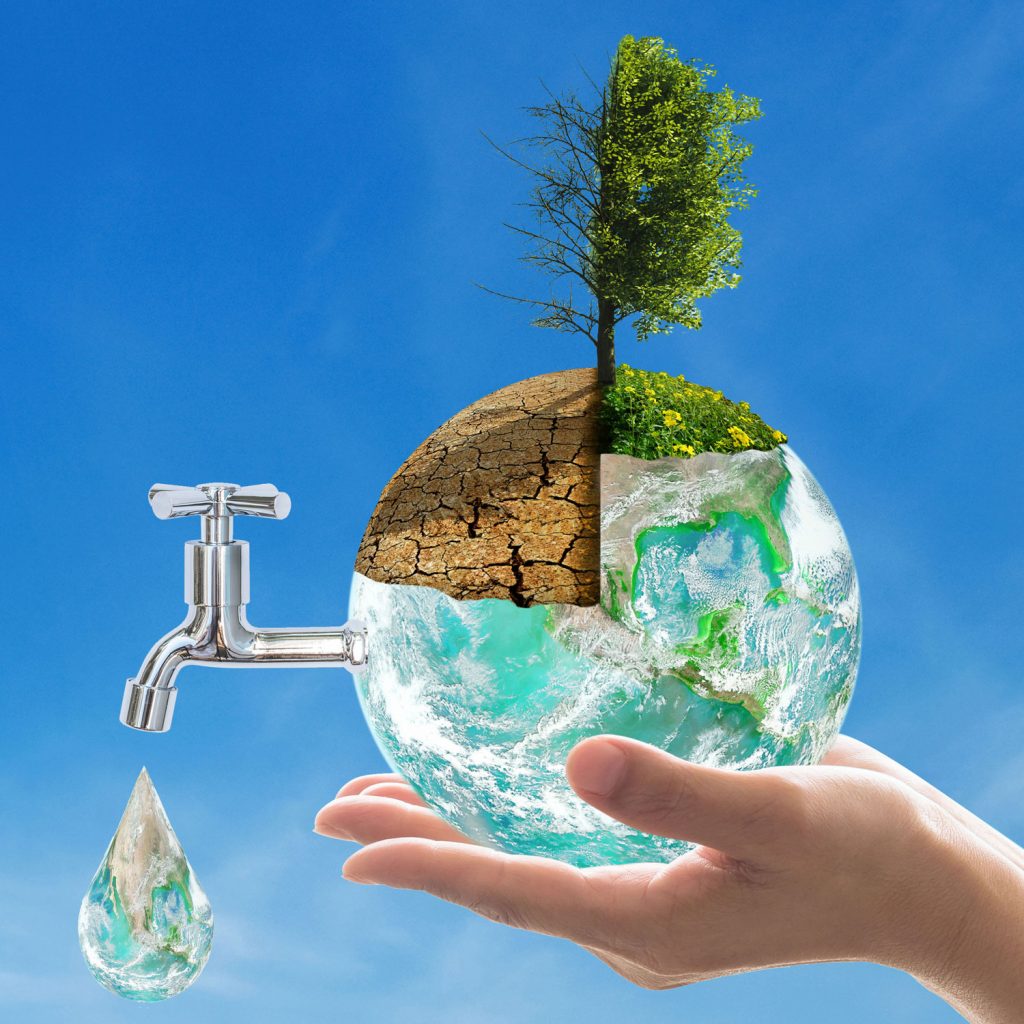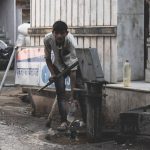Save Water: A Global Necessity for a Sustainable Future
Water is one of the most essential resources on our planet, sustaining life and enabling growth across ecosystems, societies, and economies. Despite its critical importance, freshwater resources are rapidly depleting due to over-extraction, pollution, and climate change. The call to “save water” is more than just a catchphrase; it is a necessity that requires collective action from individuals, communities, and governments. This article explores the significance of water conservation, the challenges we face, and practical steps we can take to preserve this precious resource.
The Importance of Water Conservation
- Essential for Life: Water is vital for the survival of all living organisms. It plays a key role in bodily functions, agriculture, and food production. Without adequate water supply, human health and food security are at risk.
- Limited Resource: Although water covers about 71% of the Earth’s surface, only about 2.5% of it is freshwater, and a significant portion is locked in glaciers and ice caps. This leaves less than 1% of the world’s freshwater readily accessible for human use, making it crucial to manage our resources wisely.
- Economic Impact: Water is a cornerstone of economic development. Industries such as agriculture, manufacturing, and energy production depend on water. Inadequate water resources can lead to reduced productivity, job losses, and economic instability.
- Environmental Sustainability: Water conservation is essential for maintaining healthy ecosystems. Over-extraction of water can lead to habitat destruction, loss of biodiversity, and degradation of natural resources. Protecting water sources ensures that ecosystems thrive and can provide essential services.
Challenges to Water Conservation
Despite its importance, water conservation faces several challenges:
- Population Growth: The world’s population is projected to reach 9.7 billion by 2050, leading to increased water demand. More people means more agricultural production, industrial activities, and domestic water use.
- Climate Change: Climate change is altering weather patterns, resulting in more frequent and severe droughts and floods. These changes threaten water availability and can disrupt the delicate balance of freshwater ecosystems.
- Pollution: Water pollution from industrial waste, agricultural runoff, and untreated sewage diminishes the quality of water sources. Contaminated water poses serious health risks and makes it challenging to access safe drinking water.
- Inefficient Use: Many regions, especially in agriculture, use water inefficiently. Practices like flood irrigation lead to significant water wastage. Upgrading to more efficient systems is crucial for conservation.
Practical Steps to Save Water
Individual Actions:
- Fix Leaks: A dripping faucet or leaking toilet can waste gallons of water daily. Promptly repairing leaks can significantly reduce water wastage.
- Limit Shower Time: Reducing shower time to 5–10 minutes can save several gallons of water. Consider using a water-efficient showerhead to further conserve water.
- Turn Off the Tap: Don’t let the water run while brushing your teeth, shaving, or washing dishes. Turning off the tap can save up to 8 gallons of water a day.
- Use Water-Efficient Appliances: Invest in water-efficient appliances, such as dishwashers and washing machines, which use significantly less water than older models.
- Collect Rainwater: Install rain barrels to collect rainwater for watering plants, gardens, or cleaning purposes.
Community and Organizational Initiatives:
- Educate Others: Spread awareness about the importance of water conservation within your community. Organize workshops or campaigns to promote water-saving techniques.
- Support Local Policies: Advocate for policies that promote water conservation, such as restrictions on water-intensive industries or subsidies for water-efficient technologies.
- Participate in Clean-Up Drives: Engage in local initiatives to clean up water bodies, ensuring that they remain safe and accessible for all.
Agricultural Practices:
- Adopt Drip Irrigation: This method delivers water directly to the roots of plants, minimizing evaporation and runoff.
- Soil Moisture Management: Use mulching and soil moisture sensors to determine the optimal time for irrigation, ensuring crops receive the necessary water without waste.
- Crop Selection: Choose drought-resistant crops that require less water, thereby reducing overall water consumption in agriculture.
The Role of Governments and Institutions
Governments and institutions play a crucial role in promoting water conservation:
- Implementing Regulations: Enforce laws that protect water resources from over-extraction and pollution, ensuring that industries adhere to sustainable practices.
- Investing in Infrastructure: Develop and maintain infrastructure for efficient water distribution, treatment, and recycling, minimizing waste and improving access.
- Encouraging Research: Support research into innovative water-saving technologies and sustainable practices, providing resources for communities to adopt these solutions.
Conclusion
Saving water is not just an individual responsibility; it is a collective obligation that affects every facet of society. As the global population continues to grow and climate change impacts water availability, it is imperative that we act now to conserve this precious resource. By adopting simple practices, advocating for policy changes, and working together as communities, we can ensure a sustainable future for ourselves and generations to come.
Together, let’s commit to saving water and protecting our planet’s most vital resource. For more insights on sustainability and water conservation, visit ITSparkMedia.


